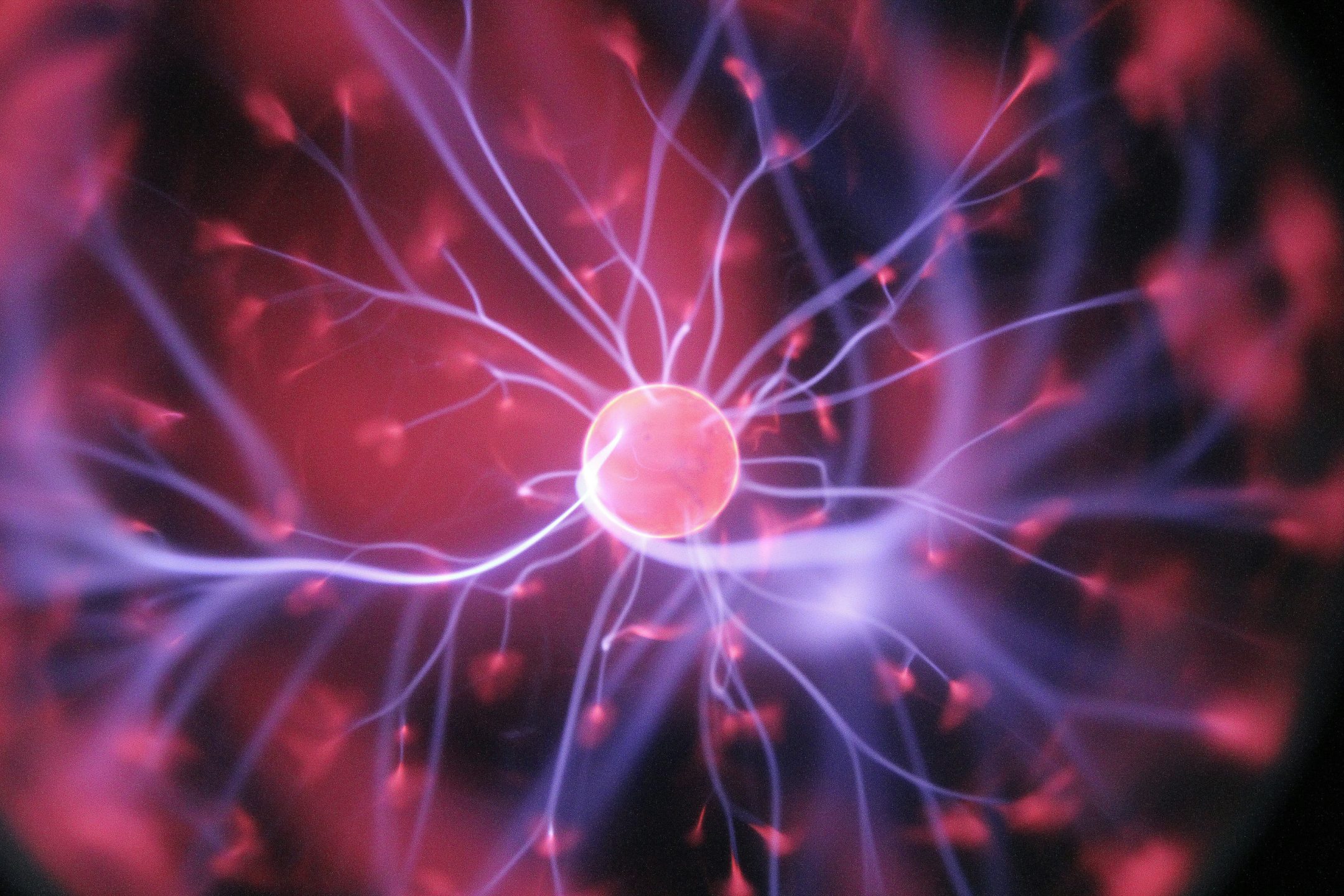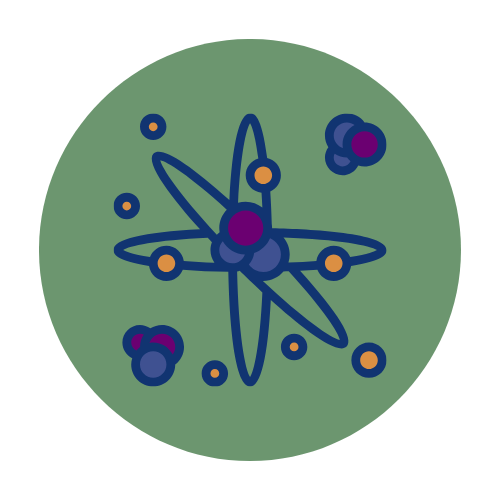
Fusion
Quantum computing solution for modeling inertial fusion implosions.
Owner
Status
Quantum Approach

Phase 0 – Idea

Quantum Simulation
SDGs

Impact/context
Accurate calculation of stopping power is critical for modeling inertial fusion, a process that could lead to advancements in clean and limitless energy if successfully harnessed and scaled. Enhancing these calculations increases the feasibility and safety of fusion experiments, contributing to the development of sustainable energy technologies.
How quantum could help
First principles calculations are classically challenging because they involve the dynamics of large electronic systems far from equilibrium, with accuracies that are particularly difficult to constrain and assess in the warm-dense conditions preceding ignition. Fault-tolerant quantum computer could help calculate stopping power from a first-quantised representation of the electrons and projectile.
References
Google Quantum AI, Harvard University, Quantum Simulation Technologies Inc., Macquarie University (USA, Australia) (Quantum Simulation)
